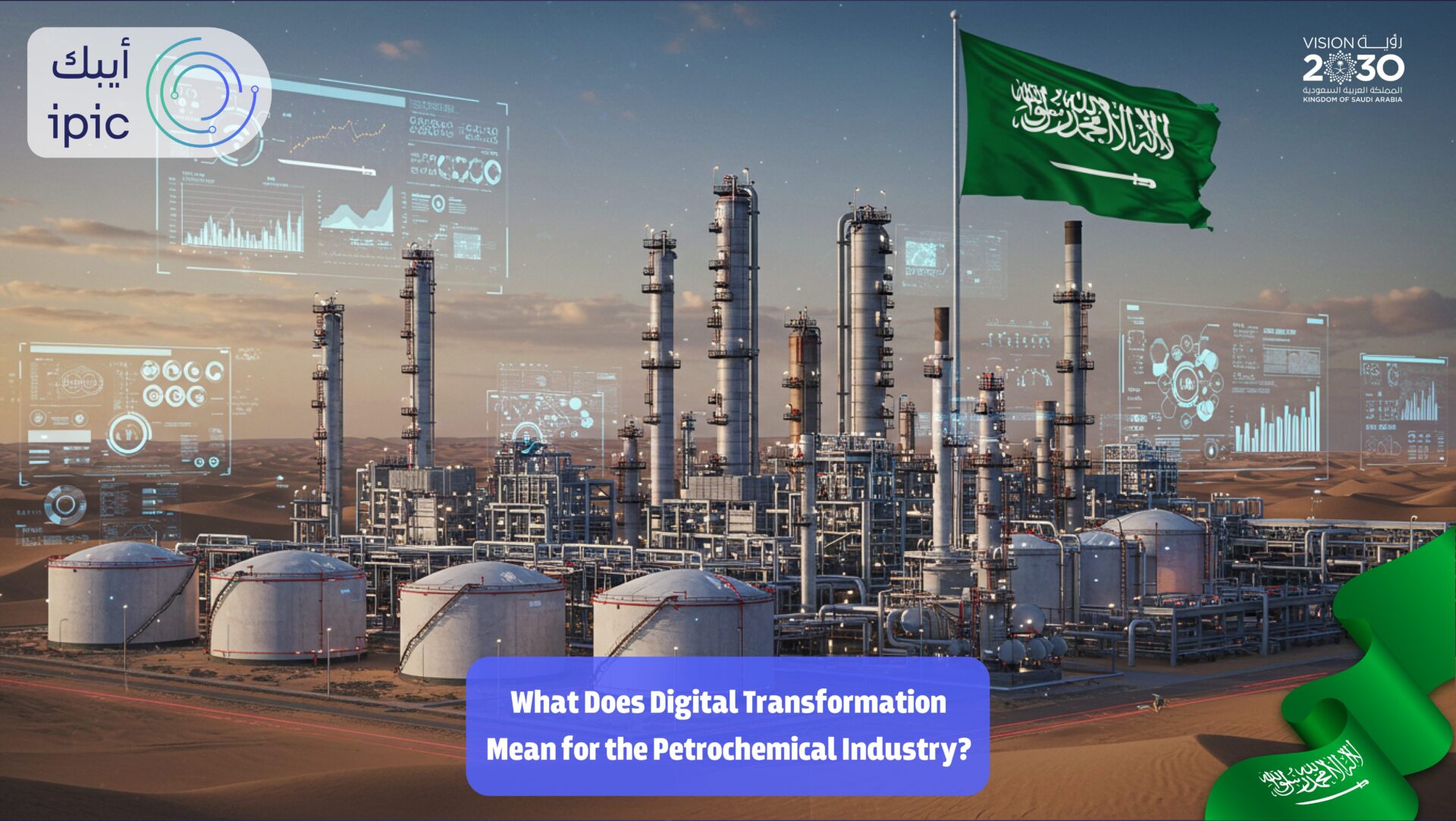What Does Digital Transformation Mean for the Petrochemical Industry?
The petrochemical industry has undergone significant changes in recent years due to global technological advancements. Digital transformation has become a strategic necessity to keep up with the rapidly evolving industry. With continuous technological development, digitalization plays a vital role in improving production efficiency, reducing costs, and increasing competitiveness in the global market. So, what does digital transformation mean for the petrochemical sector, and how does it impact industrial operations?
What Is Digital Transformation?
Digital transformation refers to the use of digital technologies to improve business processes. It involves implementing modern technologies like the Internet of Things (IoT), Artificial Intelligence (AI), Big Data, and robotics. In the petrochemical sector, digital transformation includes applying these technologies to improve production, maintenance management, and cost reduction, ultimately enhancing the factory’s competitive edge.
How Does Digital Transformation Affect the Petrochemical Industry?
Improving Production Efficiency
it provides tools and technologies that allow for improved production processes through real-time monitoring and analysis of data. Technologies like IoT enable factories to monitor the condition of machinery continuously, improving production efficiency and reducing unplanned downtime.
Predictive Maintenance
In petrochemical factories, where equipment tends to wear out quickly, using AI and Big Data for predictive maintenance is a game-changer. By analyzing equipment data, potential issues can be predicted before they occur, allowing for timely maintenance and preventing costly failures.
Enhanced Quality Control
Through digital transformation, the petrochemical industry can enhance its quality control processes using integrated MES and ERP systems. These systems provide real-time, accurate data at each stage of production, helping to reduce waste and improve the quality of final products.
Real-Time Data Analytics
The ability to collect and analyze data in real-time is one of the most significant benefits of digital transformation. Using Big Data and advanced analytics, petrochemical factories can monitor patterns, analyze performance, and identify problems early, allowing for better decision-making and enhanced operational efficiency.
Increased Competitiveness
Digital transformation helps petrochemical factories reduce production time, improve energy efficiency, and cut costs. This, in turn, boosts the factory’s competitiveness in the global market, allowing it to keep pace with competitors who have embraced digital technologies.
Environmental Sustainability
With the global push towards sustainability and reducing emissions, digital transformation plays a crucial role in reducing energy consumption and improving resource management. By using energy management systems and AI, factories can monitor energy use, cut waste, and reduce their carbon footprint.
Supply Chain Integration
it enhances the integration between factories and the supply chain. By combining MES and ERP systems with monitoring and analytics systems, material and product flows through the supply chain can be optimized, reducing delays and improving operational efficiency.
How Can IPIC Support Digital Transformation in the Petrochemical Industry?
IPIC offers advanced digital solutions for the petrochemical sector, including:
- Digital Readiness Assessment: IPIC evaluates a factory’s readiness for digital transformation by analyzing current systems and available technologies to identify areas that need upgrading or improvement.
- Systems Integration: IPIC provides advanced integration solutions between ERP, MES, IoT, and AI systems to enable factories to leverage real-time data.
- Data Analytics and Performance Improvement: Through Big Data and advanced analytics, IPIC helps petrochemical factories enhance operational efficiency, product quality, and environmental sustainability.
- Training and Ongoing Support: IPIC provides training programs to help operational teams adapt to new digital systems and offers continuous technical support to ensure the success of digital transformation efforts.
Challenges Faced by the Petrochemical Industry in Digital Transformation
Despite the significant benefits, there are some challenges that petrochemical factories may face in the journey:
- High Initial Costs: Implementing new technologies such as connected devices, advanced software, and AI solutions requires substantial investment, which may be a financial burden for some companies.
- Cybersecurity Risks: As digital systems become more integrated, factories become more vulnerable to cyber-attacks, necessitating strong measures to protect data and prevent breaches.
- Change Management: The significant changes to operational processes may encounter resistance from employees. Therefore, factories need a comprehensive change management plan to guide staff through the transformation process.
Conclusion
This in the petrochemical sector represents a significant shift towards improving productivity, reducing costs, and enhancing environmental sustainability. By adopting advanced technologies such as AI, IoT, and Big Data, factories in this sector can significantly improve their efficiency. With specialized support from companies like IPIC, digital transformation becomes more accessible and effective, helping factories meet future challenges and keep up with continuous technological advancements.



